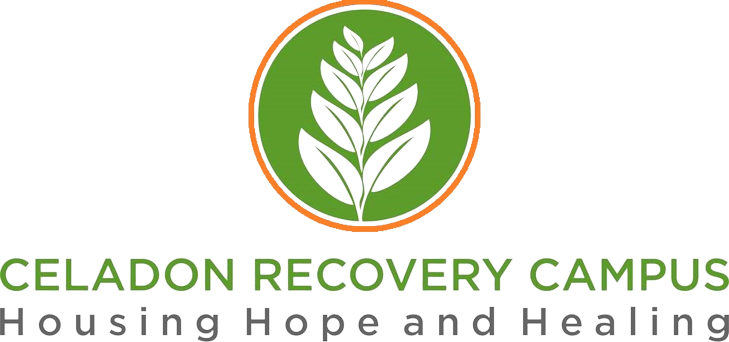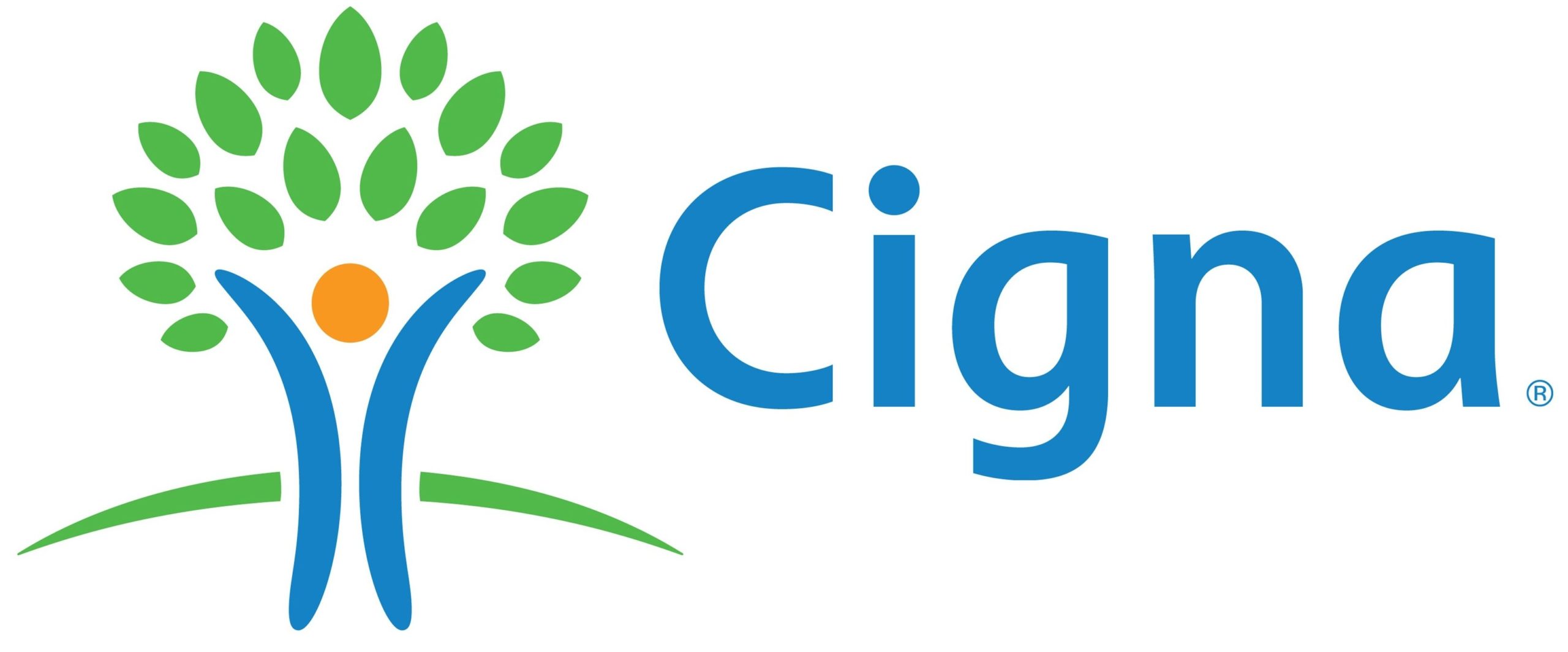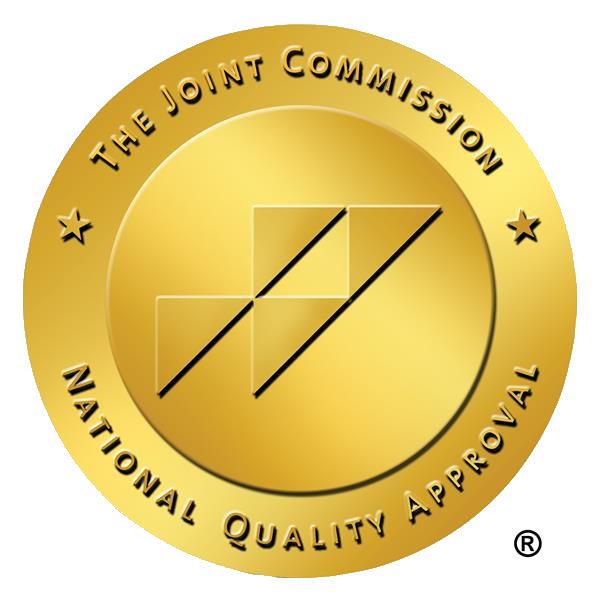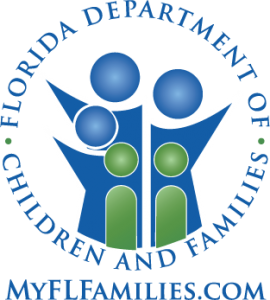Navigating Holiday Stress in Recovery
As the holiday season approaches, it brings a mix of joy and challenges, especially for those in addiction recovery. This time of year can be particularly demanding, as it often stirs up emotions and stressors that can impact mental health and sobriety. For many, managing holiday stress is not just about enduring family gatherings or resisting cravings at holiday events; it’s about preserving the hard-won gains of addiction treatment and recovery.
Celadon Recovery understands the unique pressures that come with the festive season. The twinkling lights and joyous carols, while uplifting for many, can evoke complex feelings for those on a recovery journey. Memories of past substance use, the presence of alcoholic beverages at parties, and the overall heightened stress levels can pose significant challenges. This guide aims to provide compassionate and practical strategies to help you or your loved one navigate the holiday season, ensuring a continuation of the progress made in recovery.
Navigating the holiday season requires more than just willpower; it involves a holistic approach that encompasses mental, emotional, and physical well-being. Whether it’s dealing with family conflict, managing expectations, or finding ways to celebrate soberly, Celadon Recovery is here to offer guidance and support. By integrating the following strategies into your holiday plan, you can move through this time of the year with greater ease and confidence, keeping your recovery journey on a positive trajectory.
Understanding Holiday Stress in Recovery
The holiday season can be a minefield of emotional triggers and stressors for those in addiction recovery. From navigating family dynamics to managing the expectations of the season, the challenges are manifold. This is a time of the year when past experiences with substance abuse can resurface, making it a period fraught with potential pitfalls for those on the path of recovery. Recognizing and preparing for these challenges is a crucial first step in managing holiday stress.
Family gatherings, a staple of the season, can be particularly challenging. Interactions with family members often evoke memories and feelings that are difficult to navigate. This is compounded by the prevalence of alcohol at many holiday events, which can trigger cravings and heighten the risk of relapse. Understanding these dynamics and preparing for them can help in maintaining sobriety and mental well-being during the holidays.
Celadon Recovery emphasizes the importance of recognizing these stressors and developing strategies to address them. It’s about more than just staying sober; it’s about fostering a sense of well-being and joy during what can be a beautiful but challenging time of the year. By acknowledging the difficulties and planning accordingly, those in recovery can experience a holiday season that is both fulfilling and supportive of their recovery journey.
Strategies for Managing Stress
One of the key components of successfully navigating the holiday season in recovery is practicing self-care. Self-care is a broad term that encompasses various practices aimed at maintaining one’s physical, mental, and emotional health. During the holidays, this might mean setting aside time for relaxation, engaging in physical activity, or simply ensuring enough rest. It’s about making conscious choices that prioritize one’s well-being.
Deep Breathing Exercises
Sit or lie down in a comfortable position. Slowly inhale through your nose, feeling your belly rise, hold for a few seconds, then exhale slowly through your mouth. Repeat several times.
Progressive Muscle Relaxation
Tense and relax each muscle group in your body, starting from your toes and working up to your head. Hold the tension for a few seconds, then release, noticing the contrast in sensation.
Regular Physical Activity
Engage in any form of physical exercise you enjoy, like walking, yoga, swimming, or cycling, for at least 30 minutes most days of the week.
Mindfulness Meditation
Find a quiet space, sit comfortably, and focus on your breath. When your mind wanders, gently bring your attention back to your breath. Start with a few minutes and gradually increase the time.
Time Management Techniques
Prioritize tasks, set realistic goals, break tasks into smaller steps, and schedule time for both work and relaxation.
Adequate Sleep
Create a calming bedtime routine, go to bed at the same time each night, ensure your bedroom is dark and quiet, and avoid screens an hour before sleep.
Healthy Eating Habits
Focus on a balanced diet with plenty of fruits, vegetables, whole grains, lean protein, and water. Avoid excessive caffeine and sugar.
Social Support
Reach out to friends and family for emotional support. Schedule regular meet-ups, phone calls, or video chats.
Journaling
Write down your thoughts and feelings to understand them more clearly. Set aside a few minutes each day for this practice.
Setting Boundaries
Learn to say no to requests that overextend your time or energy. Communicate your limits to others in a respectful way.
Embracing New Traditions
Redefining holiday celebrations is an empowering way to maintain sobriety and enjoy the season. For many in recovery, old traditions are closely tied to substance use, making it necessary to create new ones. This could involve starting new activities that are aligned with sober living, such as hosting alcohol-free holiday parties or engaging in non-drinking-related holiday events. The creation of new traditions can be a joyful process that reinforces one’s commitment to recovery.
Incorporating non-alcoholic celebrations into the holiday routine can also be a significant shift. Celadon Recovery encourages exploring creative non-alcoholic drink options and focusing on the aspects of the holiday that don’t revolve around substance use. This shift in focus can help redefine what the holiday season means, moving away from previous associations with alcohol or drug use towards more meaningful and wholesome celebrations.
Focusing on what truly matters during the holiday season can be transformative. For those in recovery, this time of the year presents an opportunity to reflect on the progress made, the strength of their commitment, and the importance of their journey. It’s a time to prioritize connections with loved ones, gratitude for the strides made in recovery, and personal growth. Emphasizing these values can make the holiday season a source of strength and renewal.
Dealing with Cravings and Triggers
Identifying and managing triggers is a key component of successful addiction treatment and recovery, especially during the holiday season. This involves being aware of the situations, emotions, or people that might provoke cravings or uncomfortable feelings. By understanding these triggers, individuals in recovery can develop strategies to cope with them, such as mindfulness techniques, seeking support from a therapist or group, or engaging in distracting activities.
Professional resources play a vital role in helping individuals navigate these challenges. Celadon Recovery offers a range of services, including detox, outpatient programs, and personalized therapy, to support individuals during the holiday season. These resources provide not only practical strategies for dealing with cravings and triggers but also emotional support and guidance.
A relapse prevention plan is an essential tool for anyone in recovery, particularly during high-risk times like the holidays. This plan should include strategies for coping with potential stressors and cravings, as well as steps to take if one feels a relapse may be imminent. Regularly reviewing and updating this plan with a therapist or within a support group can enhance its effectiveness and provide a sense of security and preparedness.
Preparing for the New Year
As the holiday season winds down, the New Year offers a chance to set goals and intentions for continued recovery. This is a time for reflection on the past year’s achievements and challenges and for looking forward to what lies ahead. Setting realistic, measurable goals that align with long-term recovery plans can provide direction and motivation for the coming year.
Continuing the recovery journey into the New Year involves maintaining the routines, support systems, and self-care practices established during the holiday season. The transition into a new year is not just a calendar change; it’s an opportunity to reaffirm one’s commitment to recovery and well-being. Celadon Recovery’s ongoing support and resources can assist in navigating this transition and ensuring continued success in recovery.
Conclusion
Navigating holiday stress in recovery is a multifaceted challenge that requires a comprehensive approach. By understanding the unique stressors of the season, practicing self-care, building a strong support network, embracing new traditions, and being prepared to deal with cravings and triggers, individuals in recovery can not only survive but thrive during the holidays. Celadon Recovery is committed to supporting each individual’s journey with comprehensive treatment programs, professional resources, and a caring community. Remember, you’re not alone in this journey, and with the right strategies and support, you can enjoy a fulfilling holiday season and a prosperous new year.










